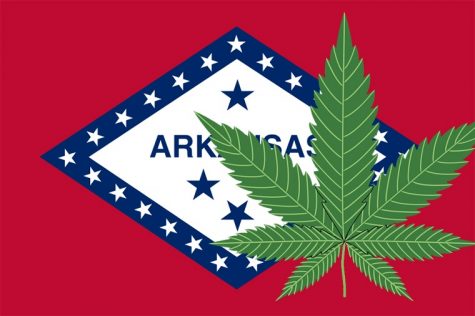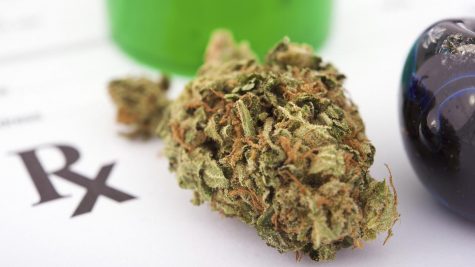Mormons oppose and support legalizing medical cannabis in Utah
Thor Benson / Cannabis News Box Contributor
Mormon leaders in Utah are telling residents to vote against a proposal that would legalize medical cannabis in the state while also calling for lawmakers to legalize medical cannabis. These leaders argue the proposal would allow for the equivalent of social use cannabis sales. Essentially, they’re arguing people without a legitimate need for medical cannabis would be able to get it.
This is a common argument against legalizing medical cannabis—that it will lead to social use—but those who make this argument don’t typically claim to support legalizing medical cannabis generally. They’re basically saying too many people will get prescriptions for cannabis who don’t actually have an ailment that requires medical cannabis.
“The opposition campaigns knows that a strong majority of Utah voters support medical cannabis in principle,” Marijuana Policy Project Deputy Director Matt Schweich told Cannabis News Box. “Therefore, they have realized that only way to defeat Prop 2 is to mislead voters into believing that the initiative represents a recreational marijuana law.”
Schweich said that changes can be made to the law once medical cannabis is legalized, but failing to pass the proposal is not the right option. “At least one State Representative in Utah has acknowledged that enactment of an effective medical cannabis law would be unlikely if Prop 2 is defeated,” Schweich said.
Mormon leaders have a lot of power in Utah, and Schweich said cannabis advocates should take their actions seriously. “Our opponents have the ability to tap into significant resources to run TV, radio, and online ads,” he said. Over 60 percent of the state follows the Mormon faith. That said, 64 percent of Utah residents support legalizing medical cannabis.
“I think it is fair to say that the opposition is trying to deceive voters,” Schweich said. “A radio station in Utah actually pulled an opposition ad due to its false statements. The opposition campaign engaged in misleading tactics during its failed attempt to withdraw the initiative from the ballot earlier this year, so there is track record of dishonesty.”
Many campaigns against both medical and social use cannabis legalization have relied on misinformation in television ads, online ads and beyond. Unfortunately, years of propaganda from the War on Drugs has made it so many will believe that misinformation. Schweich and others advocating legalization intend to fight these efforts with the facts.











